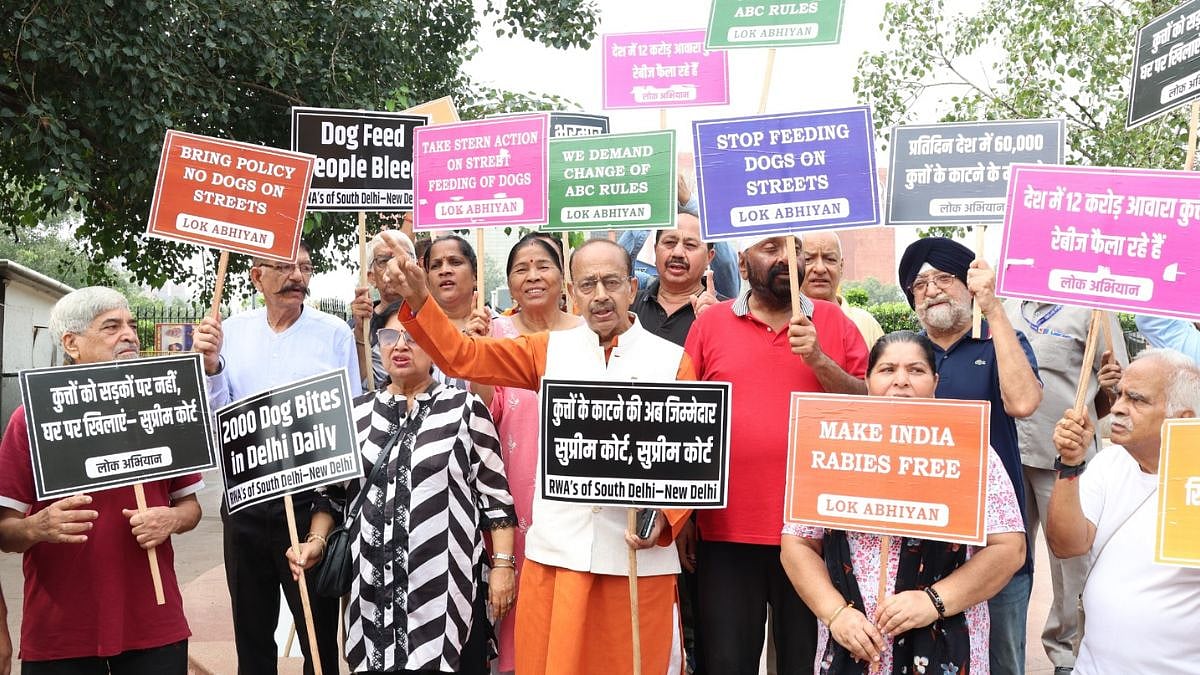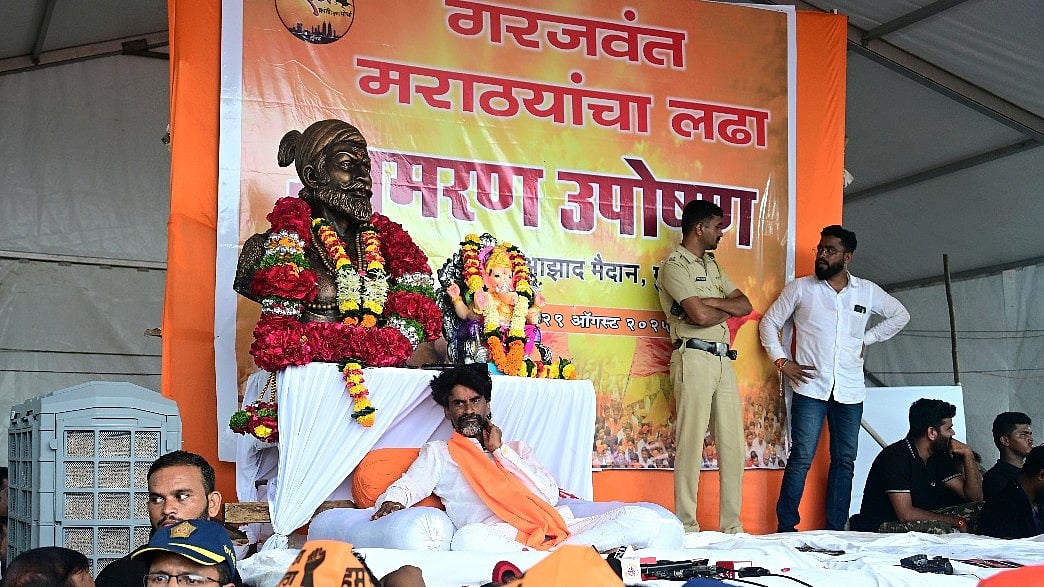The United States Supreme Court on Friday overturned a constitutional right granted in a landmark 1973 ruling, 'Roe vs Wade', which had legalised abortion across the US. The Court removed the constitutional right to terminate a pregnancy. This means several states of the USA, especially Republican governed South and Midwest can enact separate laws to ban or prohibit abortion in US.
President Joe Biden called the ruling a “tragic error” and the Republicans celebrated it as “wrong, extreme and out of touch.” At least 26 states in the US are expected to ban abortion immediately or as soon as practicable.
Swaths of the south and midwest America are expected to ban abortion or impose severe restrictions, possibly forcing patients to travel hundreds of kilometres for self-managed abortions.
Abortion in the United States is subject to individual state regulations on abortion. In 1973, Roe v. Wade made the first abortion case to be taken to the Supreme Court, which had made it federally legal. In 2022, it was overturned, and abortions are now subject to regulations based on state laws once again
24 Countries where abortion is illegal:
Laws regarding abortion are diverse. As of 2021, there are twenty-four countries in which abortion is illegal in any and all circumstances. According to the Center for Reproductive Rights, a global legal advocacy organisation, there are 24 countries in the world, where abortion is completely prohibited.
These include Andorra, Poland and Malta in Europe, El Salvador and Honduras in Central America, Senegal and Egypt in Africa, and the Philippines and Laos in Asia. Some 90 million (5%) women of reproductive age live in countries that prohibit abortion altogether.
In Poland for example, in January 2021 the government imposed a near-total ban on abortion, only allowing the procedure in cases of rape, incest, or when the mother’s life is at risk. And in El Salvador, abortion is a crime, which has some of the world’s most restrictive laws.
They prohibit abortion even when the pregnancy endangers a woman’s life or health or in cases of rape. The procedure has been banned without exception since 1998.
The complete list:
Poland-- To preserve physical health
Andorra-- Prohibited altogether
Dominican Republic--Prohibited altogether
Republic of the Congo--Prohibited altogether
Egypt--Prohibited altogether
El Salvador--Prohibited altogether
Haiti--Prohibited altogether
Honduras--Prohibited altogether
Iraq--Prohibited altogether
Jamaica--To preserve physical/mental health
Laos--Prohibited altogether
Madagascar--Prohibited altogether
Malta--Prohibited altogether
Mauritania--Prohibited altogether
Nicaragua--Prohibited altogether
Palau--Prohibited altogether
Philippines--Prohibited altogether
San Marino--Prohibited altogether
Senegal--Prohibited altogether
Sierra Leone--To preserve physical/mental health
Suriname--Prohibited altogether
Tonga--Prohibited altogether
Palestinian territories
What about abortion in India?
Abortion in India has been legal under various circumstances for the last 50 years since the introduction of the Medical Termination of Pregnancy (MTP) Act in 1971. The Act was amended in 2003 to enable women's accessibility to safe and legal abortion services. The MTP Act allows for termination till up to 20 weeks of pregnancy. In case termination of pregnancy is immediately necessary to save the life of the woman, this limit does not apply (Section 5 of the MTP Act).
(with sources inputs)











